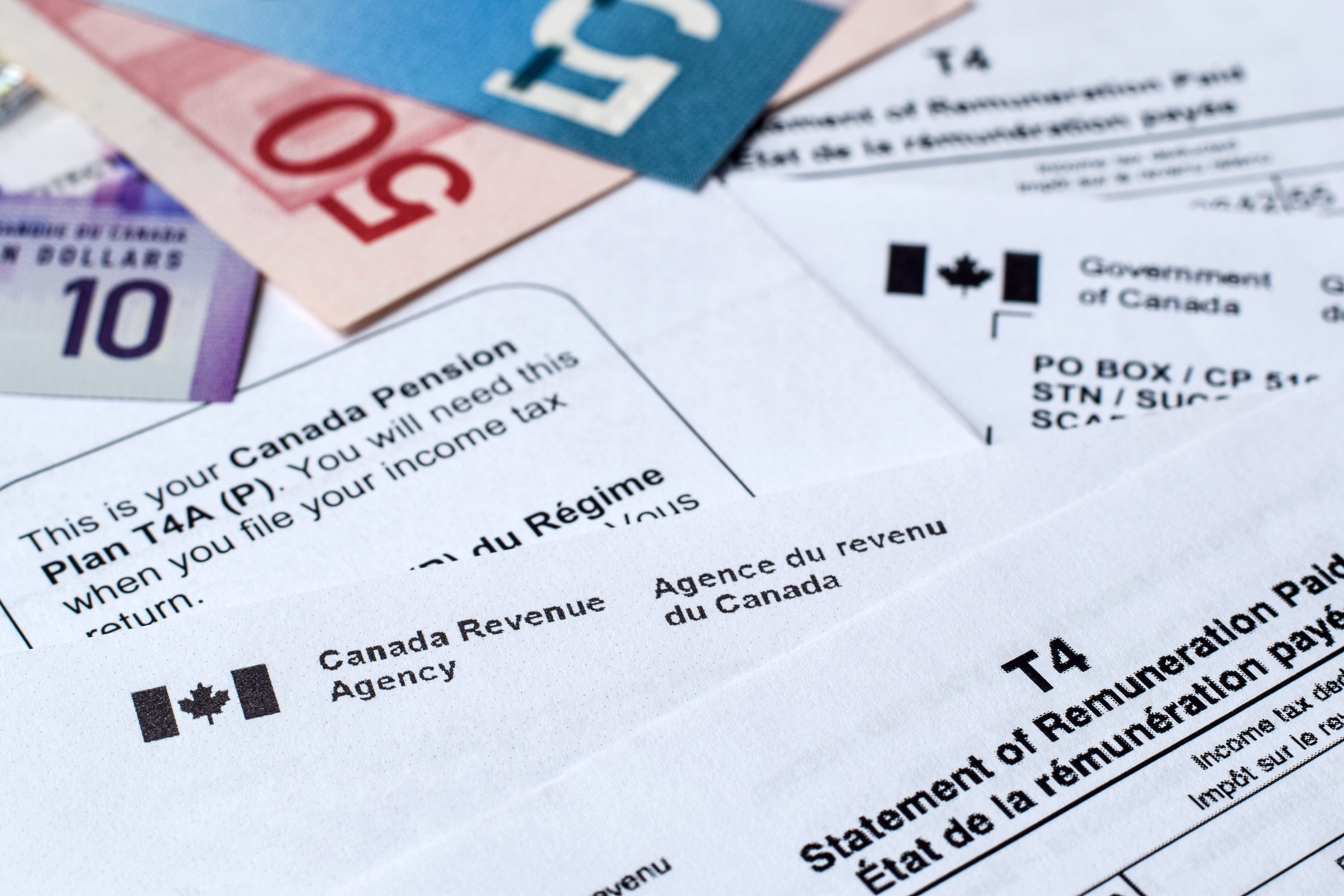Tax Planning & Preparation
The End of CRA’s Immediate Expensing Program: What You Need to Know
November 3, 2023

Canada’s business landscape is about to undergo a significant change as the Canada Revenue Agency’s (CRA) Immediate Expensing Program is fast approaching its conclusion. This program, which has been a crucial component of the Canadian tax system, has provided businesses with the ability to write off certain expenses instantly.
The decision to end this program lies in the government’s efforts to rebalance its fiscal policy and ensure that tax incentives align with current economic goals. This change signifies a shift in tax strategies that businesses should be aware of.
Understanding Immediate Expensing
The Immediate Expensing Program, introduced by the CRA back in 2021, allowed businesses to deduct specific expenses in the year they were incurred—up to 1.5 million in depreciation—rather than depreciating those expenses over time. This tax incentive was designed to encourage investments by small and medium-sized businesses while also boosting economic growth and lightening the financial burden on businesses. Expenses that qualified for this deduction included the purchases of machinery, equipment, computer software, and other assets utilized in business operations.
The program was especially valuable to companies that were interested in new equipment and technologies, providing a strong financial incentive.
However, this incentive was temporary. The CRA’s Immediate Expensing program will be coming to an end as of December 31, 2023, for Canadian-controlled private corporations (CCPCs) and on December 31, 2024, for individuals and partnerships.
For business owners considering making capital purchases, we recommend executing said purchases before the December 31 deadline cut-off to take advantage of the program before it expires.
The Benefits of Immediate Expensing:
Businesses that have utilized The Immediate Expensing Program have enjoyed several benefits as a result, including:
- Tax Relief: The program reduced taxable income, leading to lower tax obligations by allowing businesses to deduct eligible expenses in the year they were incurred.
- Encouraging Investment: Providing a solid financial incentive for businesses investing in new equipment and technologies encouraged innovation and modernization.
- Stimulating Growth: With reduced tax burdens, businesses had more capital at their disposal to reinvest in the company, allowing businesses to grow and expand.
- Simplified Accounting: As businesses did not need to account for depreciation over time, immediate expensing helped to simplify accounting and financial reporting.
While the benefits of the program have been numerous, not all expenses are eligible. There are specific criteria determining eligibility that businesses should be aware of.
Implications for Businesses:
The dissolution of the Immediate Expensing Program will impact businesses across Canada in various ways. With companies no longer benefitting from the immediate tax relief offered, businesses will need to adjust their financial strategies to accommodate this shift in tax policy. Businesses will also need to plan investments and capital expenditures differently. Organizations must also adapt their financial planning to focus on the long-term impacts of tax deductions and depreciation, and small and medium-sized enterprises will feel the most significant impact.
Preparing for the Future:
The Immediate Expensing Program has been a valuable tool for Canadian businesses, offering immediate tax benefits and stimulating growth. With the Immediate Expensing Program’s conclusion, organizations may face new challenges, but there are also opportunities for new tax strategies and solutions. It’s essential to stay informed of changes to ever-evolving tax legislation so companies can adapt and thrive.
As the program concludes, businesses must take the time to adjust their business and tax strategies and prepare for the changing tax legislation.
- Review Business and Tax Plans: With the closure of the Immediate Expensing Program, it’s essential to reevaluate your business plans, budgets, and tax and investment strategies.
- Explore Alternative Incentives: Other deductions may be available to your organization. Research government tax incentives and deductions.
- Consult Experienced Tax Experts: The trusted advice of a business and tax professional can help you understand the implications of the change in tax policy and help you create a new tax strategy to bridge the space between the new regulations and your company’s goals. They can also explore other available government tax incentives and deductions that may help mitigate the impact of the program’s closure.
Contact DDL & Co. in the Niagara Region for High Quality Tax Services
Comprehensive tax planning can help business owners stay on top of changes to tax legislation so they can make the best decisions for their organization. The highly skilled tax experts at DDL & Co. work with clients to deliver solutions to meet their business needs. To learn more about how DDL & Co. can provide you with the best accounting, business, and tax planning strategies, contact us online or by telephone at 905-680-8669.



